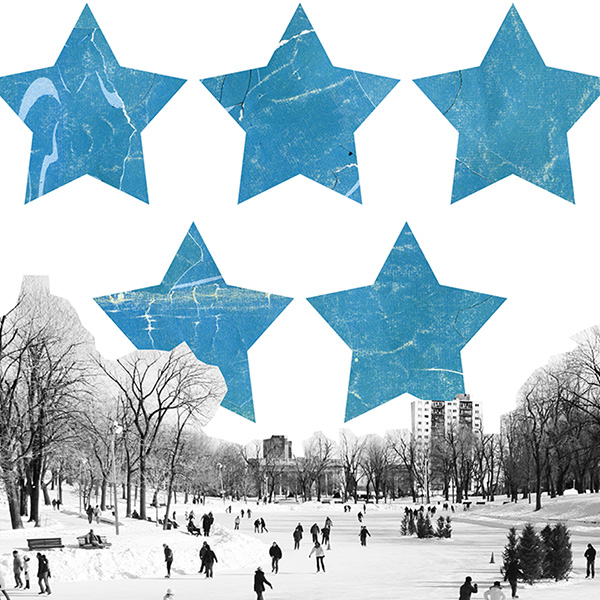Column
The lure of false dilemmas
All too often, politicians and even scientists present us with two options as the only possible courses of action, says Marcel Tanner, President of a+

Marcel Tanner is the President of the Swiss Academies of Arts and Sciences a+ | Photo: Annette Boutellier
The topic of the feature articles in this issue of Horizons is one that makes me think of this quote from Henry Miller, because above all it warns me away from the attraction of false dichotomies. The pandemic was in a sense the only major ‘PCR test’ to which our society has recently been subjected, and it showed clearly how much we like to explain the world by means of just such false dichotomies. All too often, politicians and even scientists present us with two options as the only possible courses of action. Alternatives are barely considered or assessed. This highly unfavourable development is currently also dominating discussions on other major societal issues such as the climate, sustainability, energy and biodiversity – not to mention neutrality and keeping peace in the world.
We cannot understand complex systems by developing only two positions – nor may we try to simplify them thus. Such an approach merely limits the scope for critical reflection, narrows down the possible spectrum of perspectives and restricts alternative options for action. Even more importantly, we can never let scientific procedures end in false dichotomies and false dilemmas.
Time and again, we have to insist that scientific work only reveals what we know and do not know at a given point in time. The probabilities we can derive from this can provide a basis for different options for action, but must never be used to offer just two such options, even though politicians and society as a whole often demand it.
Challenging false dichotomies and dilemmas allows us to reflect on complex systems and the solutions and options for action that are actually available to us. Only in this way can we promote an iterative dialogue between science, politics and society. And thus we come back to this issue of Horizons. If we are open to be inspired by the insights and perspectives we can gain, then we will not fall into the false dilemma that too often dominates our society: that we have to be either wise and great or powerful and rich.




